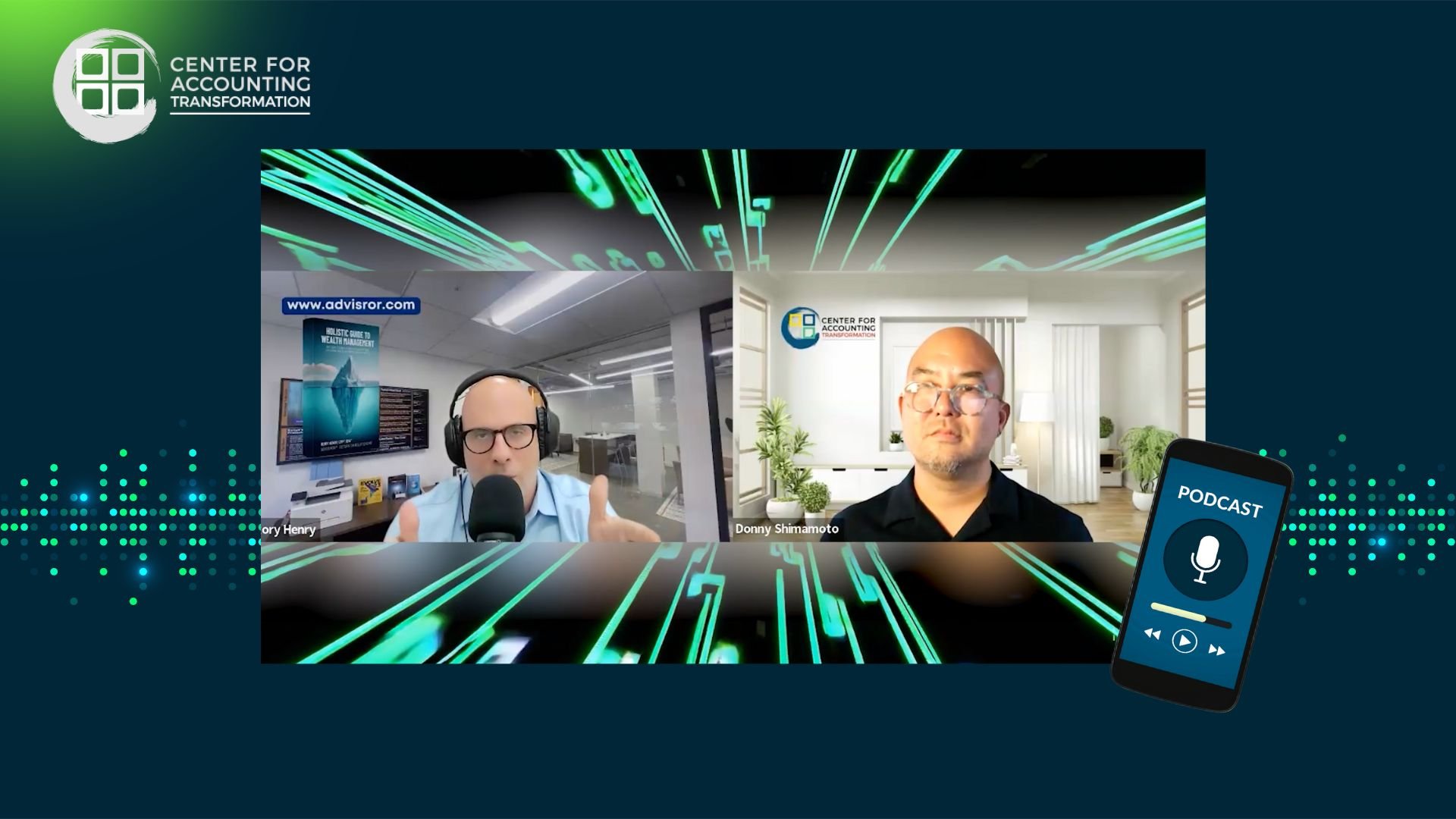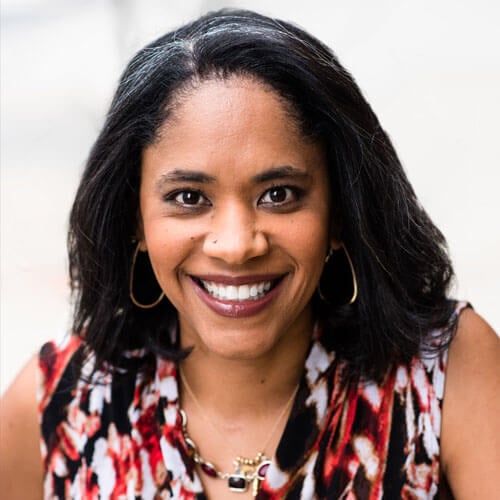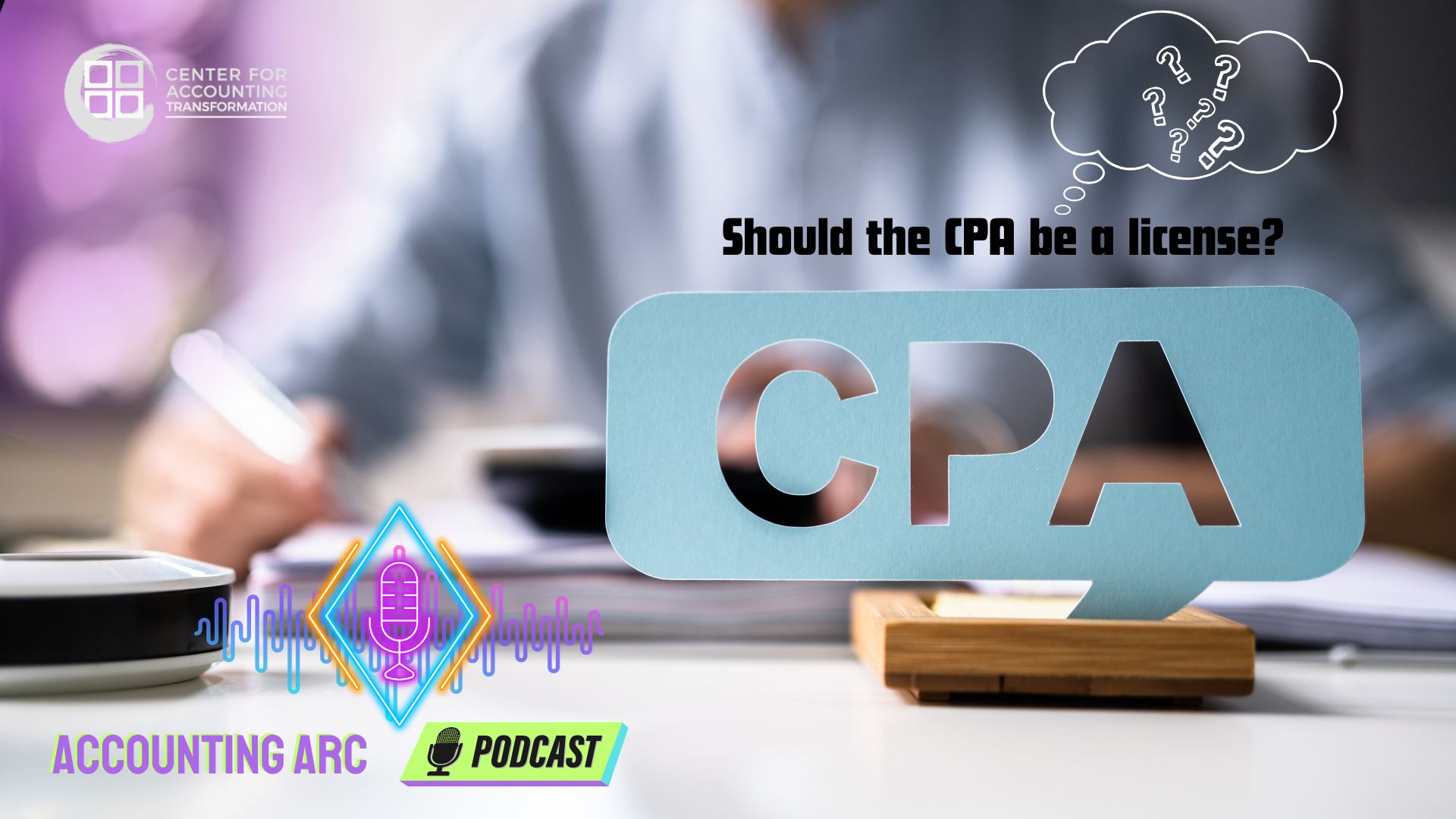0
The Accountant as Life Coach: A New Path for the Profession?

A new model positions accountants as financial first responders and trusted life advisors.
The world of accounting is evolving, and accountants are no longer confined to ledgers and tax returns. In the latest episode of Accounting ARC, host Donny Shimamoto, CPA.CITP, CGMA, welcomes Rory Henry, CFP®, BFA™, director at Arrowroot Family Office, co-founder of AFO Wealth Management Forward, and author of Holistic Guide to Wealth Management: The Science Behind Integrating Services with The Human Side of Behavioral Financial Advice. Together, they explore how nontraditional accountants are transforming wealth management and client relationships.
Human-First Guidance and Behavioral Finance
Henry explains that today’s clients expect more than technical expertise—they want human-first guidance rooted in behavioral finance. “We as humans aren’t rational beings,” Henry says. “When it comes to money, we often make decisions based on emotion. A holistic approach looks at financial, physical, emotional, and even spiritual well-being.”
Accountants as Life Coaches
This shift positions accountants as life coaches as much as financial professionals. By combining technical knowledge with empathy and values-based planning, accountants can help clients align financial goals with personal meaning. Henry notes that “our values shape our goals, our goals shape our behaviors, and our behaviors reflect our values.”
Expanding Into Wealth Management
For accountants considering this path, credentials like the Series 65 license or the AICPA’s Personal Financial Specialist (PFS) designation can open the door to wealth management. Henry emphasizes that CPAs already possess most of the technical expertise—they simply need to develop the human-first advisory skills to complement them.
Accountants as Financial First Responders
Henry also highlights the profession’s role as “financial first responders.” Unlike traditional wealth managers who often enter the picture later in a client’s financial journey, accountants are there from the start—filing tax returns, advising on new businesses, and helping families manage day-to-day finances. “That early access is powerful,” Henry says. “It’s where accountants can make the biggest impact.”
Agents of Transformation
For Shimamoto, the conversation underscores a core theme of the Center for Accounting Transformation: accountants as agents of transformation (see we.improvetheworld.net). Whether guiding clients through technical planning or helping them visualize their future selves, the profession’s role extends far beyond compliance.
“Accountants don’t just balance books,” Shimamoto reflects. “We bring clarity and vision to help people make better decisions about their businesses and their lives.”
Expanding the Fundamentals of the Profession
Nontraditional accountants are not abandoning the fundamentals of the profession—they’re expanding them. By weaving in behavioral insights, coaching skills, and broader advisory services, accountants can transform not just balance sheets, but lives.
Don’t miss an episode. Be sure to SUBSCRIBE below:

















